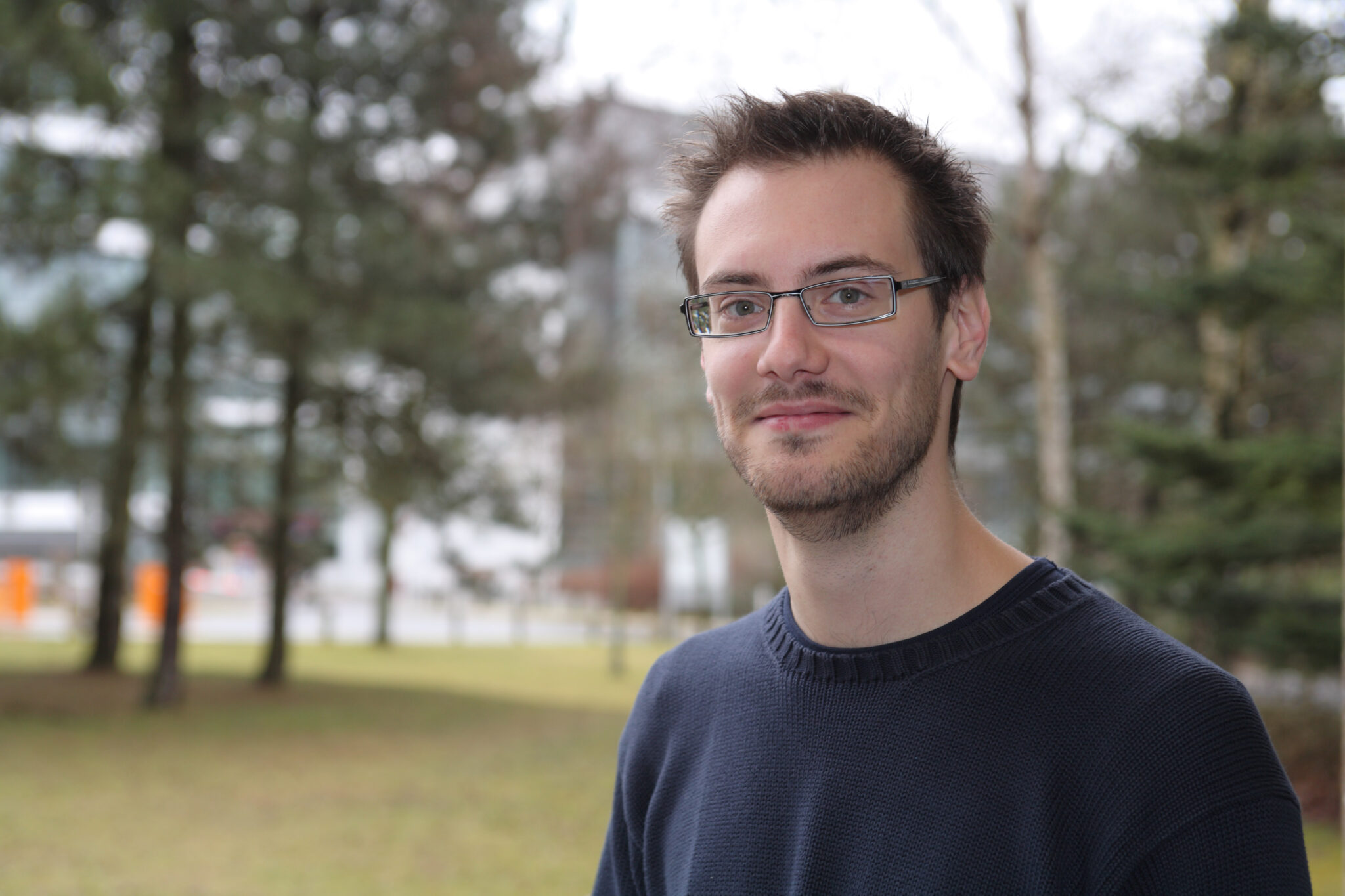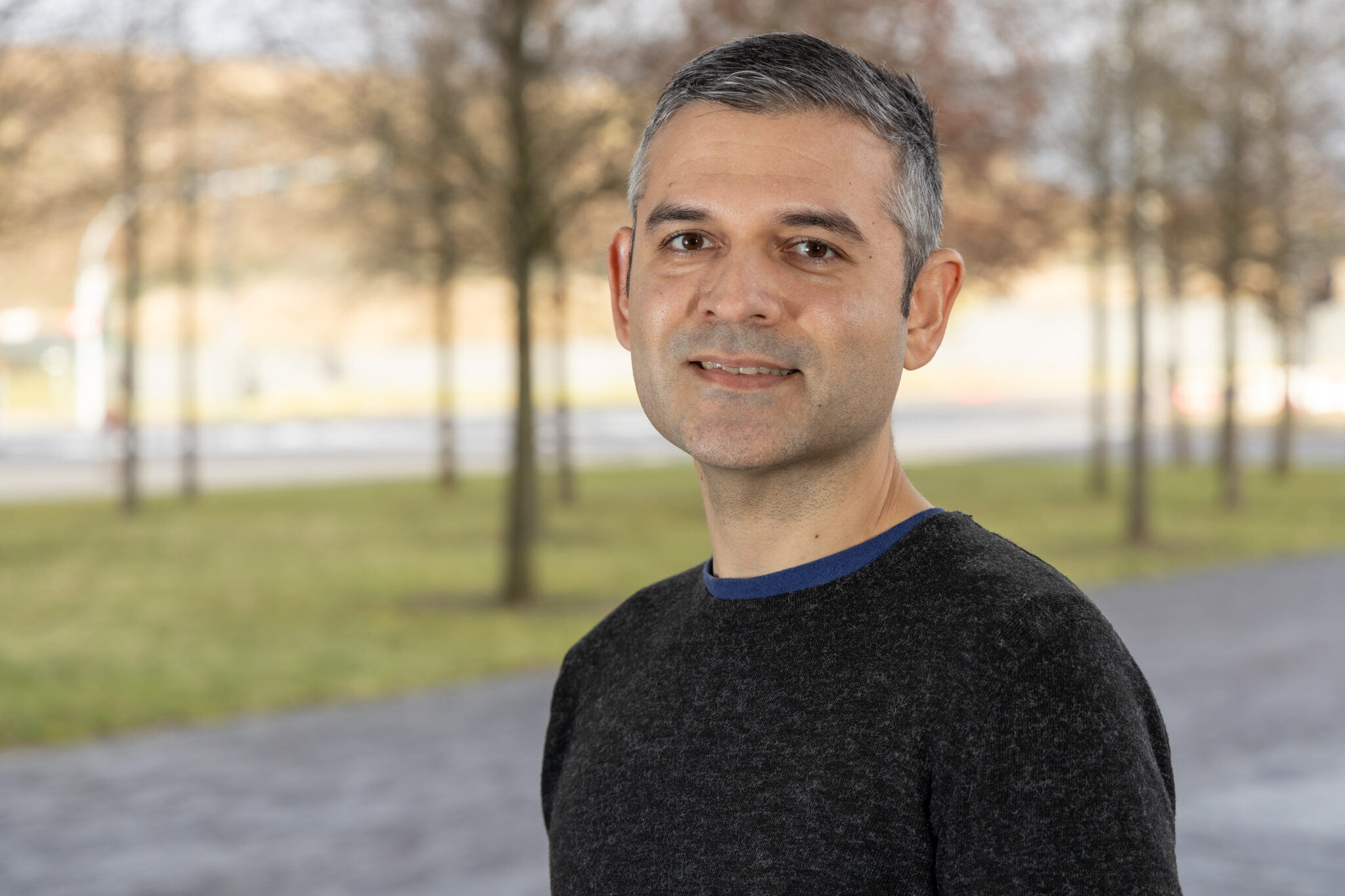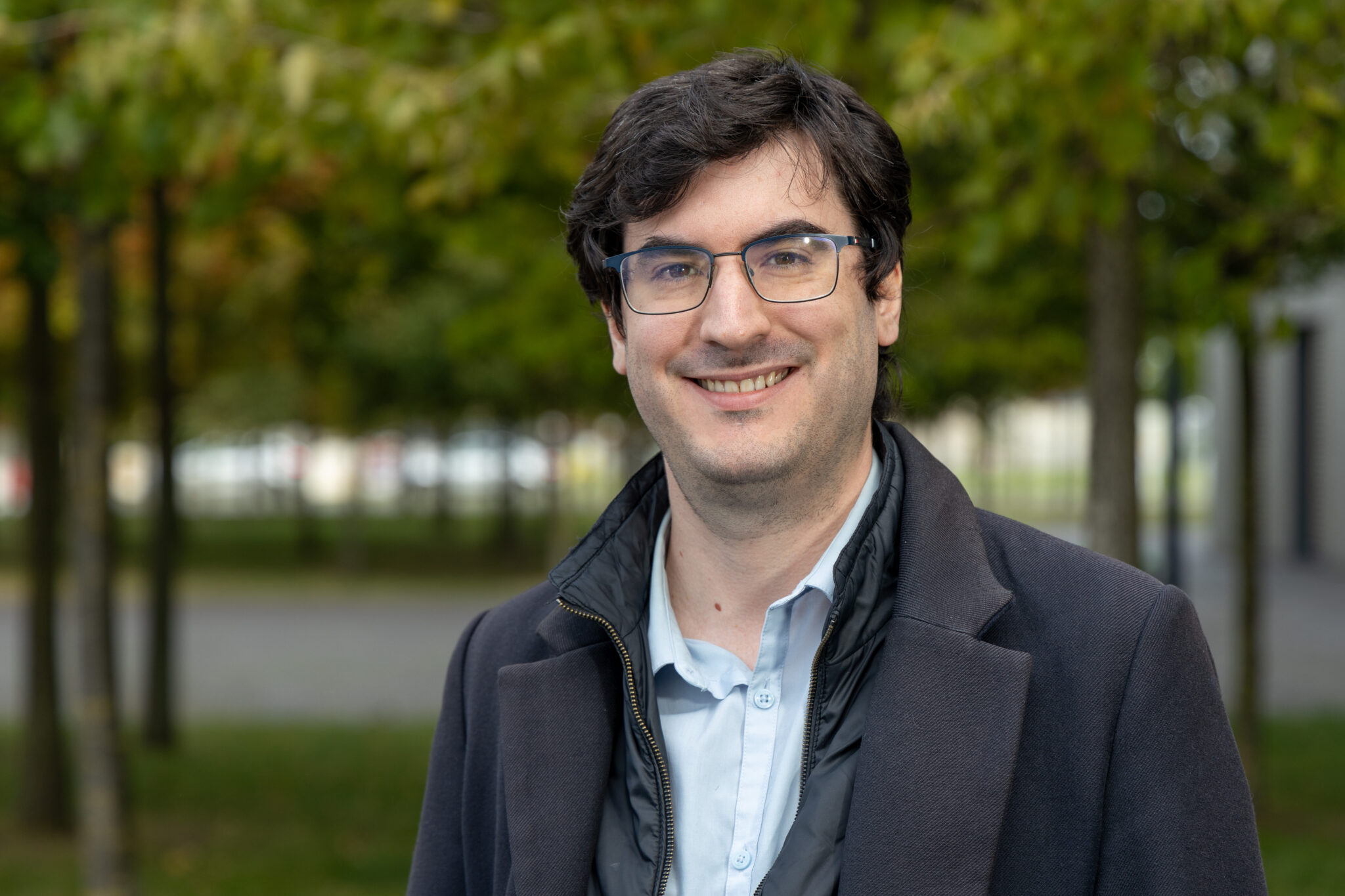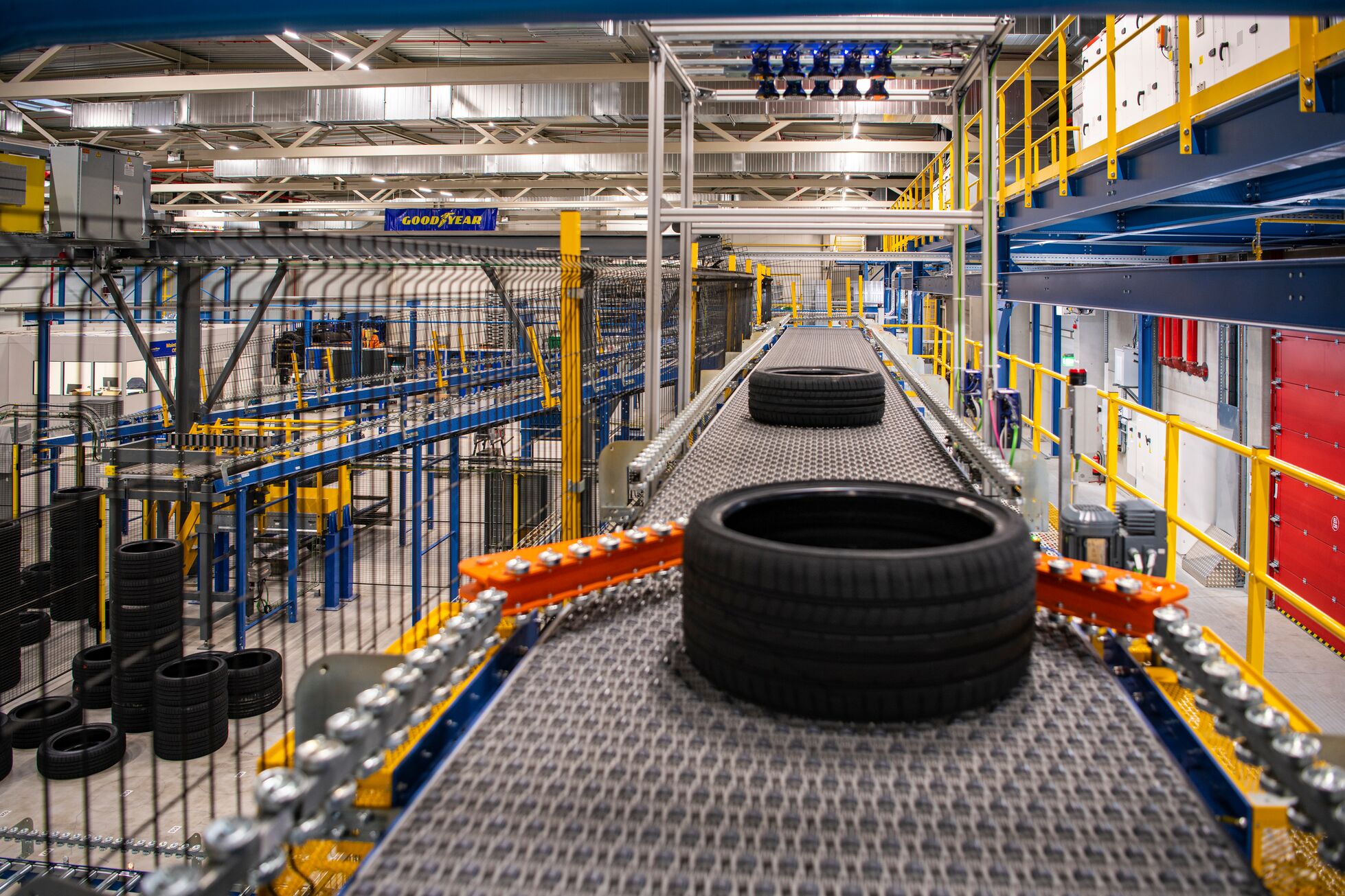The project at a glance
About
The Collaborative and Distributed Optimization of Manufacturing Processes on High-Performance Computing Systems (CADOM) project is a collaboration between the University of Luxembourg and Goodyear, utilizing the National Supercomputer MeluXina to tackle large-scale optimization challenges in manufacturing. The project aims to enhance production processes across multiple factories and extend simulations over longer planning horizons, addressing the complexity and scale that exceed traditional computing capabilities.
Goodyear currently employs simulation models for factory-level process optimization. The CADOM project builds on this foundation by scaling simulations to a multi-factory level and integrating distributed algorithms and discrete event simulation engines tailored for High-Performance Computing (HPC) environments. By leveraging MeluXina’s computational power, CADOM aims to optimize production planning, improve resource allocation, and reduce operational costs.
The project focuses on developing innovative approaches, including parallel discrete event simulation and distributed optimization, to address manufacturing challenges at a scale not feasible with conventional systems. This research will contribute to advancements in distributed computing, multi-agent systems, and HPC-driven industrial applications.
With a two-year timeline and a budget of €1.38 million, CADOM exemplifies the potential of academia and industry partnerships to address real-world challenges. By enabling enhanced manufacturing efficiency and innovation, the project sets the stage for future advancements in production process optimization and the broader application of HPC technologies in industrial settings.
Organisation and Partners

Project team




